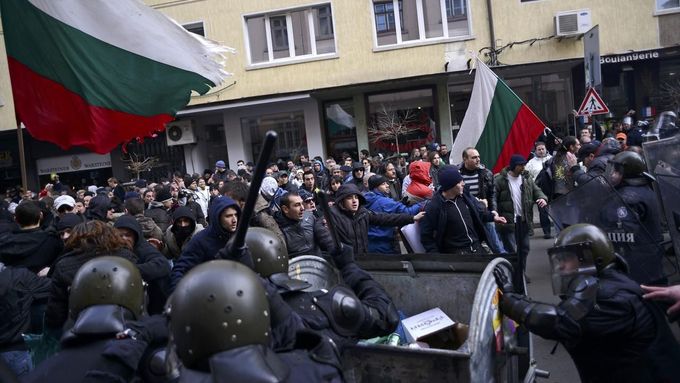Prague - Until very recently, Czech semi-state energy giant CEZ's expansion to Central Europe and the Balkans was considered a success. CEZ was believed to be a pioneer in the region, pawing the way for other European energy players. By 2012, CEZ had recovered more than 70 percent of the capital invested in its south-eastern expansion.
CEZ agrees to sell Chvaletice plant to Kretinsky's EPH
Kretinsky's EPH becomes Central European gas player
But then came the Albania debacle. Several weeks ago, CEZ lost its license to distribute and sell electric energy in the Balkan country. It is estimated that the energy company lost at least CZK 9 billion (approximately 350 million euro) because of this development. At the time, experts explained it by pointing to Albania's specific political and economic environment.
However, CEZ is currently facing a similar debacle in Bulgaria, an EU member state which is considered to be a standard European economy. Amid popular protests against high electricity prices, the Bulgarian government announced yesterday it would take away CEZ's license to operate in the country, and resigned earlier today.
Something similar may soon happen also in Romania, where CEZ has been struggling for years to recover the money owed by Rumanian state-owned companies.
And there is also CEZ's suspicious acquisition of a stake in Hungary's MOL oil and gas giant. Some argue that the acquisition's purpose was to cover up a transfer of the ownership of I&C Energo, a lucrative CEZ subsidiary, via MOL to Yellowraazd, a company connected to Josef Broz, an associate of former CEZ executive Martin Roman.
The main reason of CEZ's failure to establish a strong presence in the Balkans are increasing electricity prices in the said countries. They are caused by market liberalization and the adoption of European rules, but the region's governments, facing popular protests, are blaming CEZ and other foreign companies.
But there may be another reason. When CEZ was managed by Martin Roman, the company was trying hard to maintain good relations with politicians and regulatory officials in the countries it was expanding to. These "external relations" often bordered on outright corruption. But since Daniel Benes replaced Martin Roman two years ago, these controversial activities have diminished.
